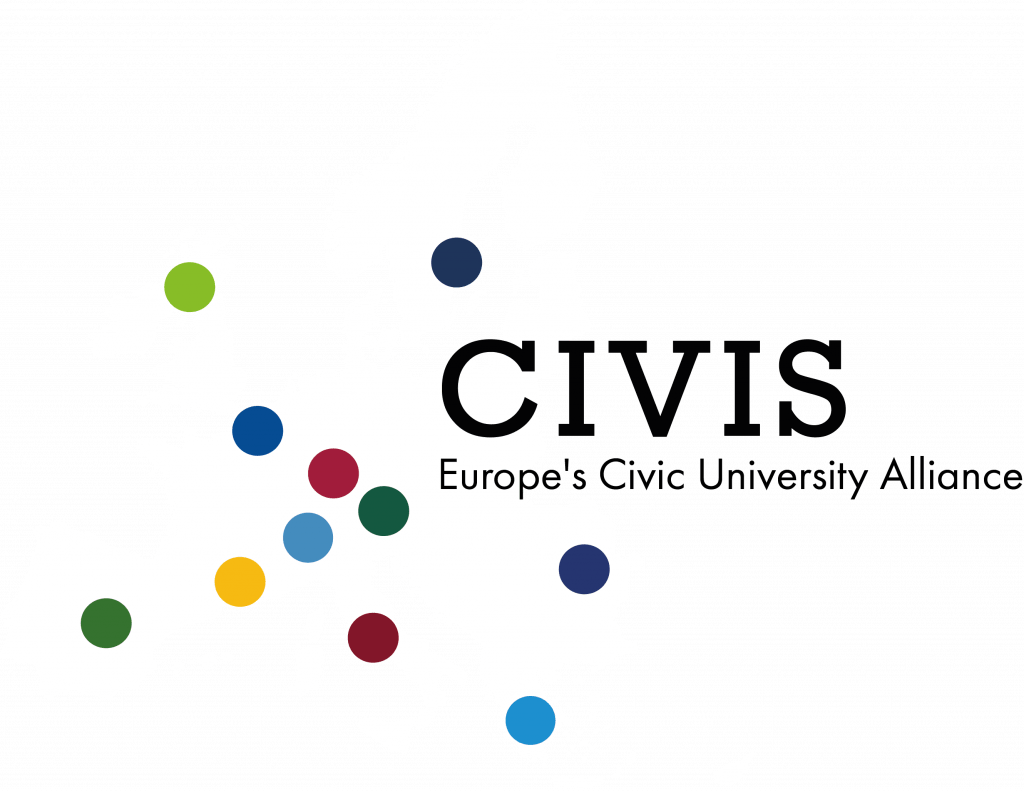23 Blended Intensive Programmes have been published online on the CIVIS website.
You’ll find them all on the CIVIS courses webpage (click here).
Apply by 28.02.2023
More BIPs will be added in the coming days.

23 Blended Intensive Programmes have been published online on the CIVIS website.
You’ll find them all on the CIVIS courses webpage (click here).
Apply by 28.02.2023
More BIPs will be added in the coming days.
CIVIS—Europe’s Civic University Alliance—has successfully concluded its blended intensive programme (BIP) titled ‘Interplay of Landscape, Tectonics, and Climate Change in the Mediterranean Context’. The course was hosted by the National and Kapodistrian University of Athens, in collaboration with the University of Bucharest, Stockholm University, Aix-Marseille Université, the Paris Lodron University of Salzburg, and the Kefalonia […]
Obesity is one of the most significant modifiable risk factors for cardiometabolic and cardiovascular disease. The ‘Prolamvano’ programme is a structured public health initiative overseen by the Greek Ministry of Health, clearly showing that prevention works when there is coordinated planning and support from the State and healthcare professionals. Through a unified referral and record-keeping […]
On 9 February 2026, the University of Athens School of Medicine reached a historic milestone with the launch of its Clinical Simulation Programme, held at the Physiology Laboratory’s Simulation Centre. Part of the Internal Medicine clinical practice curriculum, the programme brings together all eight Departments of Internal Medicine at the School—including the Department of Therapeutics, […]
In recognition of her outstanding contributions to public health and society, Greece’s Alternate Minister of Health, Eirini Agapidaki—a graduate of the National and Kapodistrian University of Athens—was presented with an honorary award by the School of Health Sciences. The award highlights her achievements in healthcare and prevention, as well as the lasting social impact of […]
The National and Kapodistrian University of Athens has, for the first time internationally, developed a scale for measuring individuals’ susceptibility to misinformation from fake news. Called the Online Misinformation Susceptibility Scale, it is the fruit of research by Associate Professor Petros Galanis, PhD candidate Aglaia Katsiroumpa, Assistant Professor Polyxeni Mangoulia, Laboratory Teaching Staff Olympia Konstantakopoulou, […]
A paper by postdoctoral researcher at the Department of Pedagogy and Primary Education, Tryfon Sivenas, working under Professor Emeritus Constantine Skordoulis, was included in the AI Hub for Education Research Study Repository of Stanford’s SCALE Initiative (January 2026 update). It was one of three studies explicitly highlighted (the other two being from UCL and Carnegie […]
The National and Kapodistrian University of Athens participates in the Marie Skłodowska-Curie Actions (MSCA) Doctoral Network’s INTEGRATE project, funded by the European Commission under Horizon Europe. The project offers 16 doctoral candidate positions, including one to be supervised by Professor of Pharmacology Christina Dalla at the 2nd Department of Obstetrics and Gynaecology, School of Medicine, […]
The National and Kapodistrian University of Athens, which was inaugurated on May 3, 1837, was initially housed in a renovated Ottoman building on the northeastern side of the Acropolis. This building has since been restored and now functions as the University Museum. Originally named the "Othonian University," after Otto, the first king of Greece, it consisted of four academic departments and 52 students. As the first university of the newly established Greek state, as well as of the broader Balkan and Mediterranean region, it assumed an important socio-historical role, which was pivotal in the development of specific forms of knowledge and culture within the country.